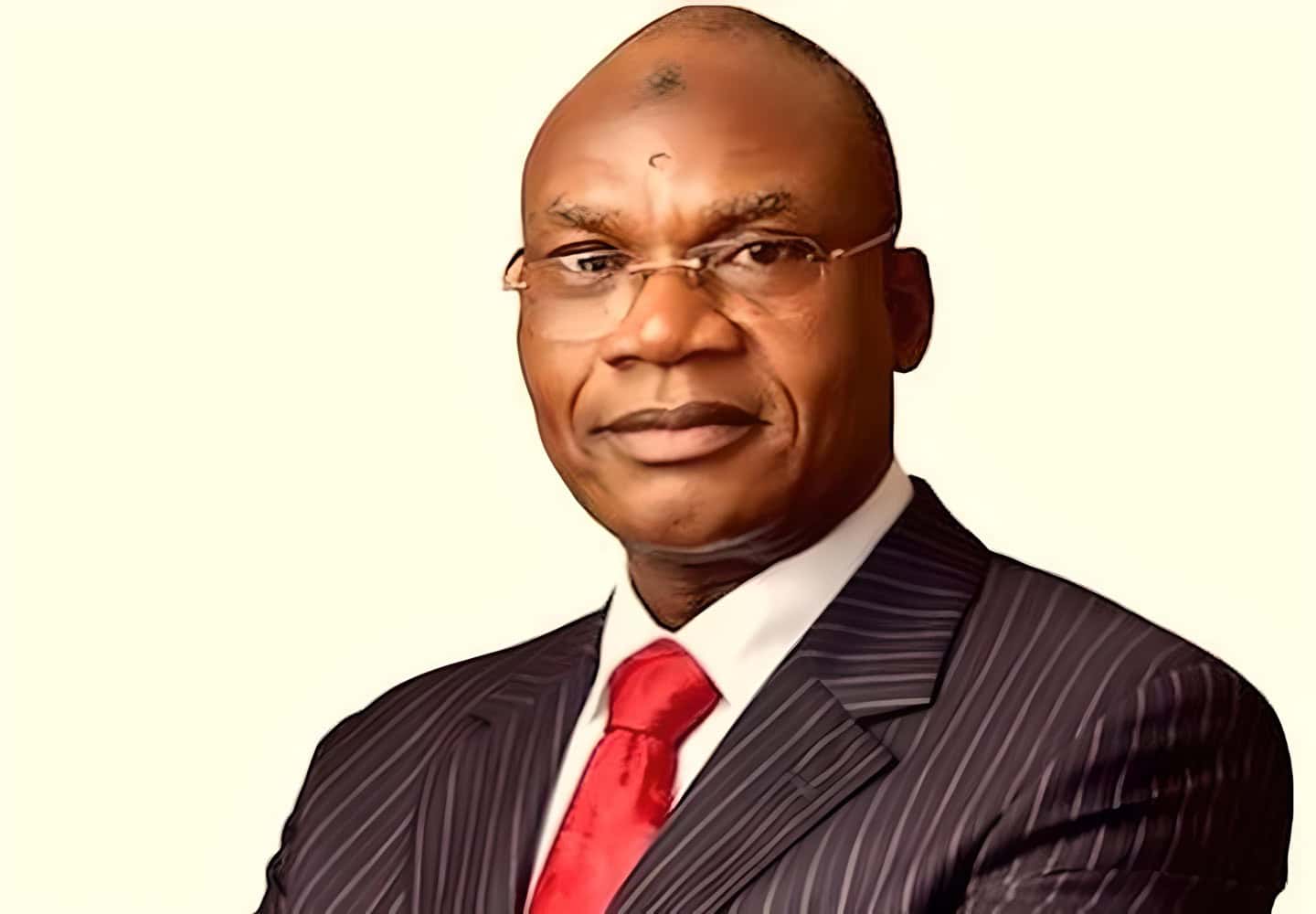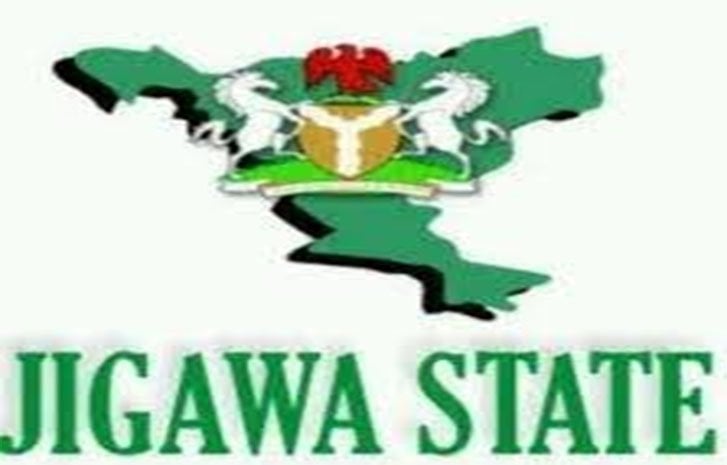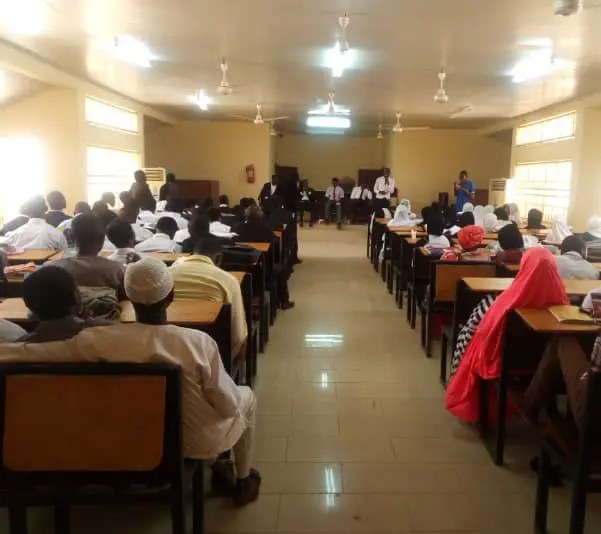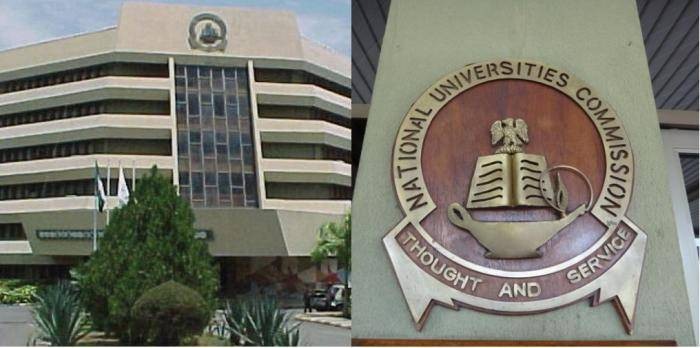
The Minister of Education, Professor Tahir Mamman, announced that degrees obtained through Open and Distance Learning (ODL) from accredited institutions in Nigeria hold the same value as those from conventional universities. This statement came during the opening ceremony of a three-day stakeholders’ Roundtable in Abuja for the critique and adoption of the draft stand-alone National Policy on Open, Distance, and e-Learning.
Table of Content [Show]
- Addressing Admission Gaps
- Success of ODL in Nigeria
- Strengthening ODL Policies
- Expanding ODL Centres
- Challenges and Opportunities
- Collaborative Efforts
- Embracing the Future of Education
Addressing Admission Gaps
Professor Mamman explained that the ODL system was established to address the admission gap caused by limited spaces in conventional universities. He highlighted that only about 25% of qualified students gain admission into tertiary institutions each year. ODL provides an alternative for these students, allowing more access to higher education.
Success of ODL in Nigeria
The Minister praised the National Open University of Nigeria (NOUN) for its achievements and growth. Several universities have been accredited to run dual-mode systems under the supervision of the National Universities Commission (NUC). Despite concerns about the quality of education through ODL, he assured that a robust quality assurance system is in place to monitor and improve the content and delivery of ODL programmes.
Strengthening ODL Policies
Government policies have been developed to address challenges in the ODL system, particularly quality assurance. The Minister mentioned ongoing efforts to resolve issues such as ODL students’ participation in law school and the NYSC scheme. More advocacy is needed to correct misconceptions about ODL and promote its acceptance.
Expanding ODL Centres
Mr. Abubakar Isah, Director of ICT at the Federal Ministry of Education, represented the Honourable Minister of State for Education, Dr. Tanko Sununu. He commended efforts to strengthen the ODL system and noted the significant shift from ODL being a desirable option to becoming a reality with the establishment of NOUN and other ODL centres approved by the NUC and the National Board for Technical Education (NBTE).
Challenges and Opportunities
Mr. Isah acknowledged challenges related to financial resources, intellectual capital, sustainability, and the quality of ODL delivery. The development of a sustainable ODL policy is crucial to address these challenges and align national strategies with emerging educational needs.
Collaborative Efforts
The Acting Executive Secretary of the NUC, Mr. Chris J. Maiyaki, highlighted the importance of online education, especially during the COVID-19 pandemic. He emphasized the need for Nigerian universities to adapt to new developments in ICT and align their teaching methods accordingly.
Mr. Maiyaki congratulated the Federal Ministry of Education and NOUN for their success in promoting ODL. He mentioned the NUC’s regulatory role in setting Minimum Academic Standards and the recent activation of the Core Curriculum Minimum Academic Standards (CCMAS) to incorporate 21st-century skills and global best practices.
Embracing the Future of Education
Emeritus Professor Olugbemiro Jegede, considered the father of ODL in Nigeria, emphasized the potential of ODL to transform the education sector. He highlighted the increasing access to the internet and how it is redefining various services, including education. He encouraged the country to fully embrace ODL and develop a comprehensive ODL policy.
The Minister of Education and other stakeholders at the event called for a collaborative effort to strengthen ODL in Nigeria, ensuring it meets global standards and provides quality education to more students.
Similar Posts:
- Ajayi Crowther University (ACU) Secures NUC Accreditation
- FUTA Secures Accreditation From NUC for its Programmes
- NUC Grants UNIABUJA Full Accreditation Status
- UNIDEL Secures NUC’s Approval for 69 Programmes
- University of Abuja (UNIABUJA) New Acting VC
- FUOTUOKE Pre-Degree Programme Admission
- Federal University Otuoke (FUOTUOKE) JUPEB Programme Admission Form
- Sokoto State University (SSU) Part-Time Degree Programmes Admission




